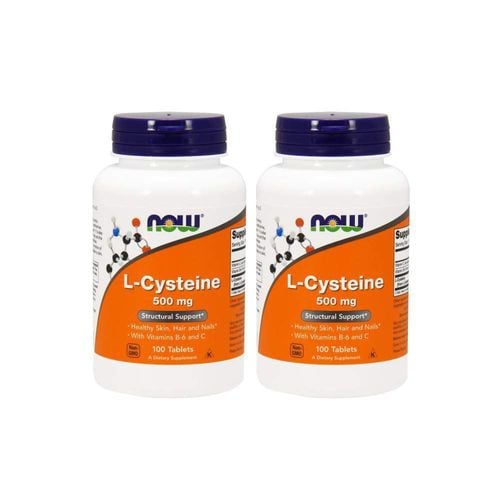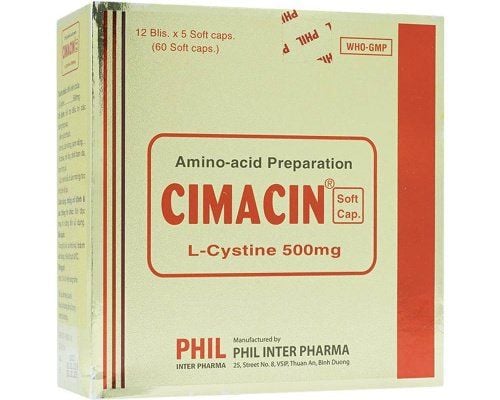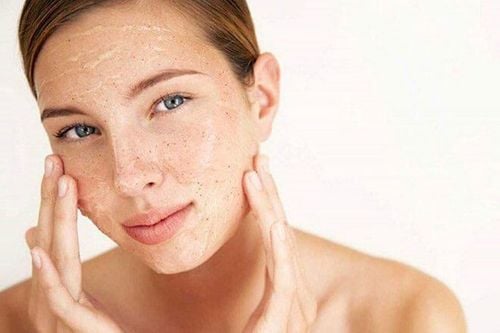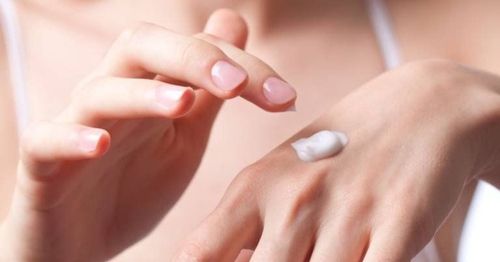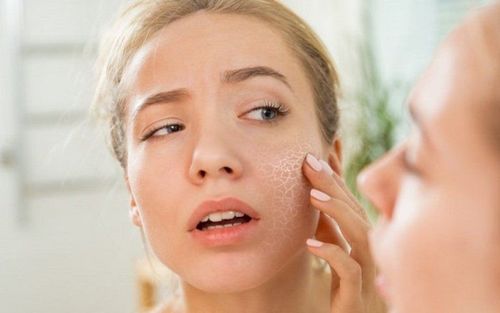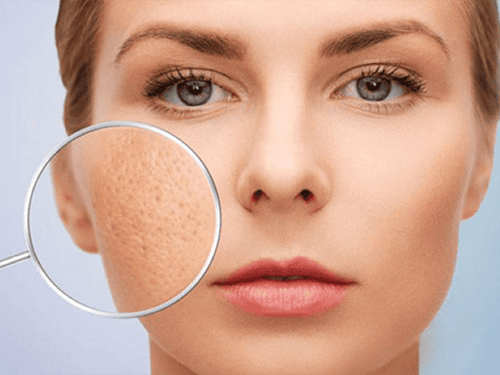This is an automatically translated article.
There are many controversial opinions about the effects of alcohol in cosmetics. Many people believe that alcohol is not harmful to the skin. However, many studies show that alcohol in products can cause some problems for the skin. So what is the effect of alcohol in cosmetics? Is it safe for skin?1. Distinguishing good alcohol and bad alcohol in the composition of cosmetics
1.1. Bad alcohol in cosmetics The types of alcohol that make experts worry about its harmful effects on the skin are SD alcohol or isoprppyl alcohol. This is the common alcohol listed in the ingredients section. These volatile alcohols make the product dry quickly, instantly degreasing the skin, and feeling light on the skin. Therefore, people with oily skin are very fond of using these types of alcohol-containing products. But those short-term benefits have negative long-term consequences.When you see this type of alcohol listed among the first six ingredients on a product label, they are bound to aggravate skin problems and harm the skin. Some harmful effects of alcohol in cosmetics to the skin such as: Causes dryness, disrupts the surface of the microflora and the skin barrier, increases the risk of premature skin aging.
Likewise, you may have heard that alcohol is a good ingredient, as it helps other ingredients like retinol and vitamin C absorb into the skin more effectively. While it is true that it enhances the absorption of ingredients, it also destroys the surface of the skin.
1.2. Good alcohol in cosmetics Some good alcohols, fatty alcohol (mollient alcohol, Fatty alcohol) are completely non-irritating and beneficial to the skin. Examples you'll see on ingredient labels include cetyl, stearyl, and cetearyl alcohol. All of these ingredients are good for dry skin. They are suitable for all skin types because of their pleasant texture and help to stabilize the ingredients in the products.
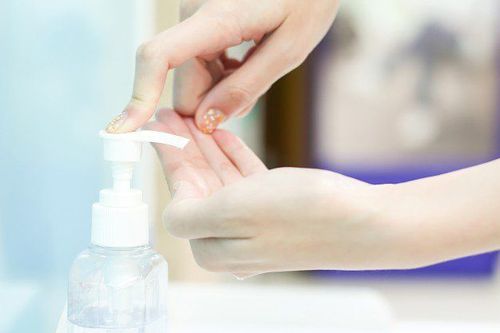
Cồn xấu như cồn SD hoặc cồn isoprppyl là loại cồn gây hại cho da
2. Alcohol can damage the skin and make acne worse
Owners of oily skin claim that alcohol-based cosmetics can remove oil from the skin. However, alcohol-containing products can aggravate swelling and inflammation and make pores appear larger.On the other hand, according to many studies, alcohol can increase the amount of oil, not the oil-control effect as many people think. Thus, with the information mentioned above, alcohol can be harmful to the skin, eroding important nutrients needed for the skin. Furthermore, alcohol makes your skin prone to oiliness. Using cosmetics with high alcohol content for a long time will make the skin aging process come earlier.
On the market today there are countless skin care products that contain no or very little alcohol ingredients. You can choose these products to replace alcohol-containing cosmetics that are harmful to the skin.
Particularly in case you need to disinfect your hands, you can use alcohol-based products. However, there are certain precautions when using such products, that is, at least 60% alcohol (ethanol) is needed to most effectively kill viruses and disease-causing germs. Soap and water are two ingredients recommended for all-day hand hygiene. You can also use hand sanitizer to clean your hands in the absence of soap and water. Unlike the amount of alcohol found in cosmetics, the alcohol in disinfectants is safe and beneficial for health.
Once you have learned about alcohol ingredients in cosmetics as well as analyzed the pros and cons, you can consider choosing for yourself skin care products that are suitable for your current skin condition.
Please dial HOTLINE for more information or register for an appointment HERE. Download MyVinmec app to make appointments faster and to manage your bookings easily.
Reference source: paulaschoice.com



